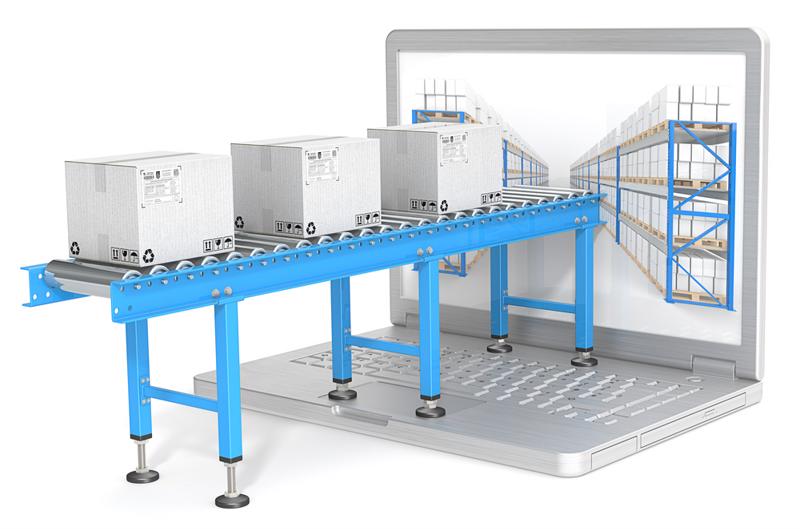
There comes a moment for every tech innovation when the next step becomes the status quo, and the future is suddenly the present. These changes can sneak up on companies, but leaders should be looking out for them. A business that has left its processes unexamined and unchanged for too long may feel it is getting the most out of its IT investments, while actually missing opportunities.
One area where organizations should make sure their tech is up to industry standards is the supply chain. Sourcing procedures, when handled strategically, offer a chance for major savings. Companies that fail to realize the systems they use for sourcing and supply chain communication are outdated could be missing out on opportunities to keep pace with competitors and save money.
The next revolution
According to Supply Chain Management review contributor Michael Gravier, organizations that have yet to fully integrate and accept the technologies associated with the Third Industrial Revolution - digitizing legacy systems and connecting to others via IT means - are falling behind. A heavily digitized workload has become a base from which companies are getting ready to step into the Fourth Industrial Revolution. The next wave of tech, including 3-D printing and other logistics-adjacent processes, is drawing development attention today.
Gravier framed digital communications and connectivity as the "price of entry" to the modern supply chain. He noted that simply getting on board with these solutions is a baseline requirement, and firms should be evolving beyond them. As an example of the state of the market, several large retail companies have failed in the past few years, even though their supply chains were digitized. Businesses should be taking this advance in stride, then looking for the next opportunity.
What does a next-generation supply chain look like in a world where technology is moving quickly? According to Gravier, the next few years will belong to agile companies that are ready to change on a dime and demand small overhead compared to the traditional giants of the logistics world. This changing of the guard is happening as a built-in part of the change to new tech solutions.

A recent study carried out by manufacturing tech company Plex made a few prognostications about the Fourth Industrial Revolution Gravier described, the one that is getting underway now. The researchers revealed that many of the companies they polled are using data to become more effective and efficient in their supply chain operations. Three-fifths of respondents, for example, are now storing their information in the cloud to keep up a quicker pace.
The use of data on demand, at a speed that companies in even the recent past couldn't manage, is one of the unmistakable marks of today's tech-savvy world. The Plex survey discovered that manufacturers and their partners are now using this content throughout their operations, passing it from one link in the chain to another. This is the kind of capability that would have been called futuristic a few years ago but is now more common, ready to become a launching pad for growth to come.


Post A Comment:
0 comments so far,add yours